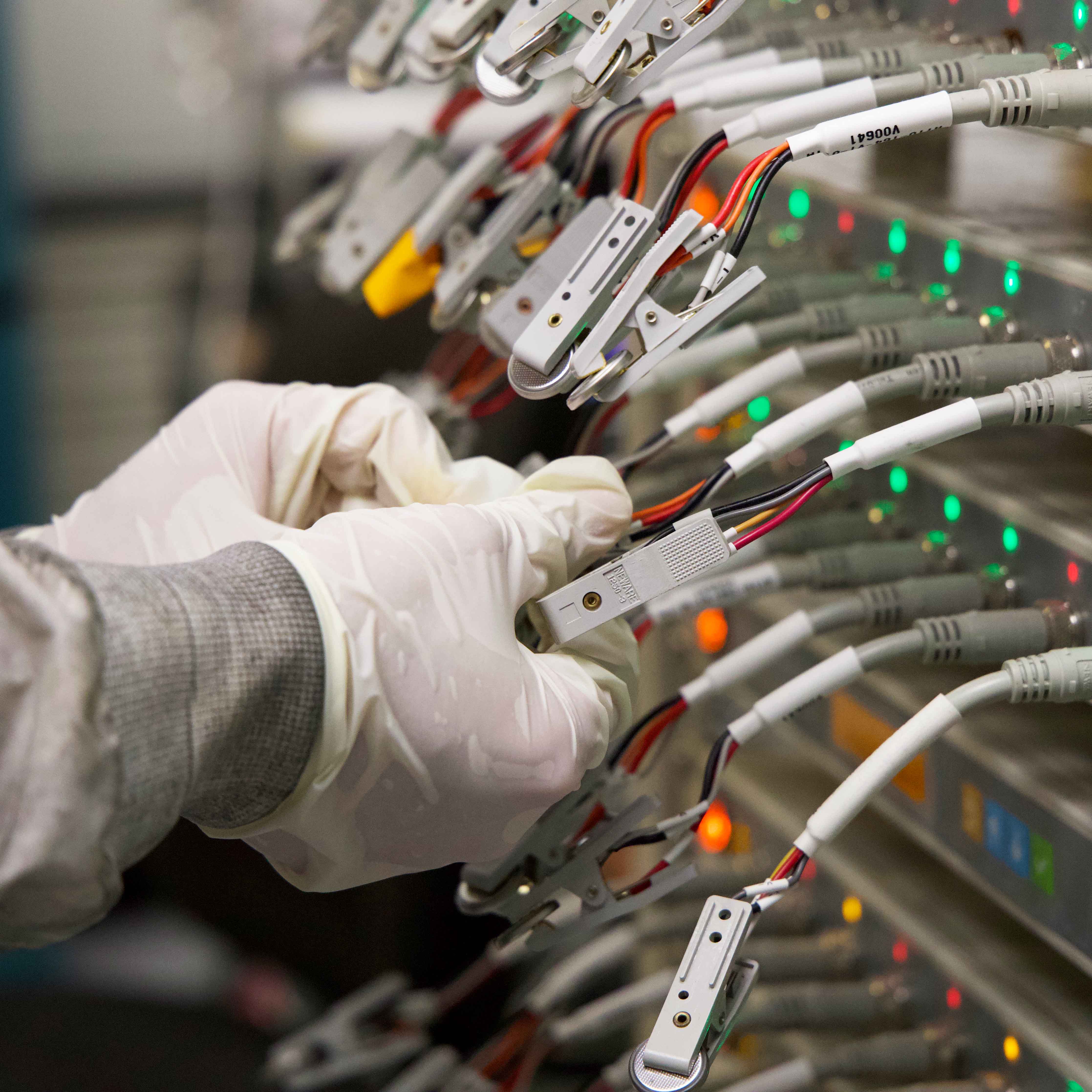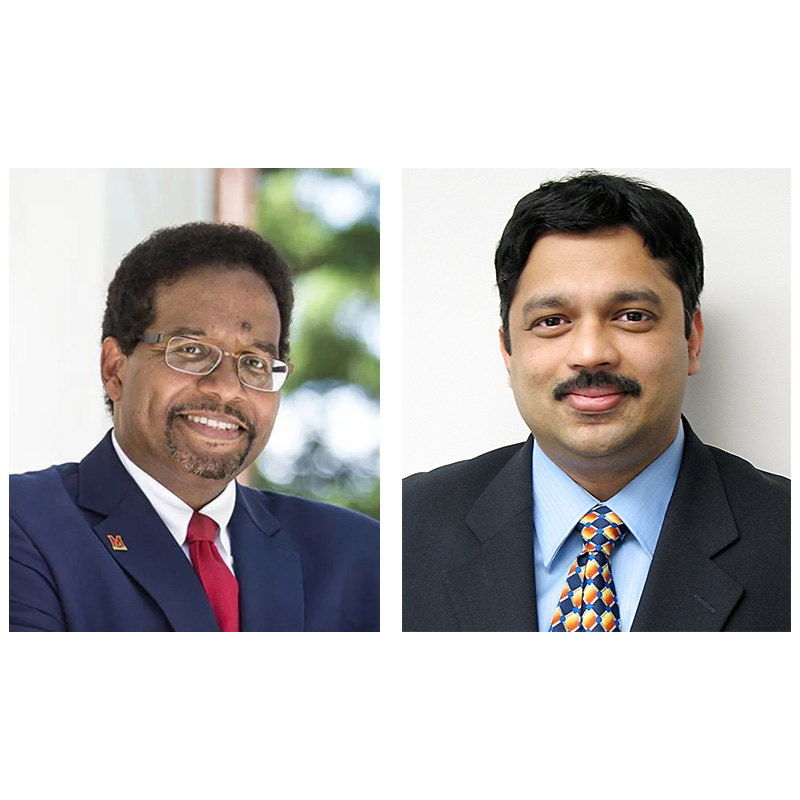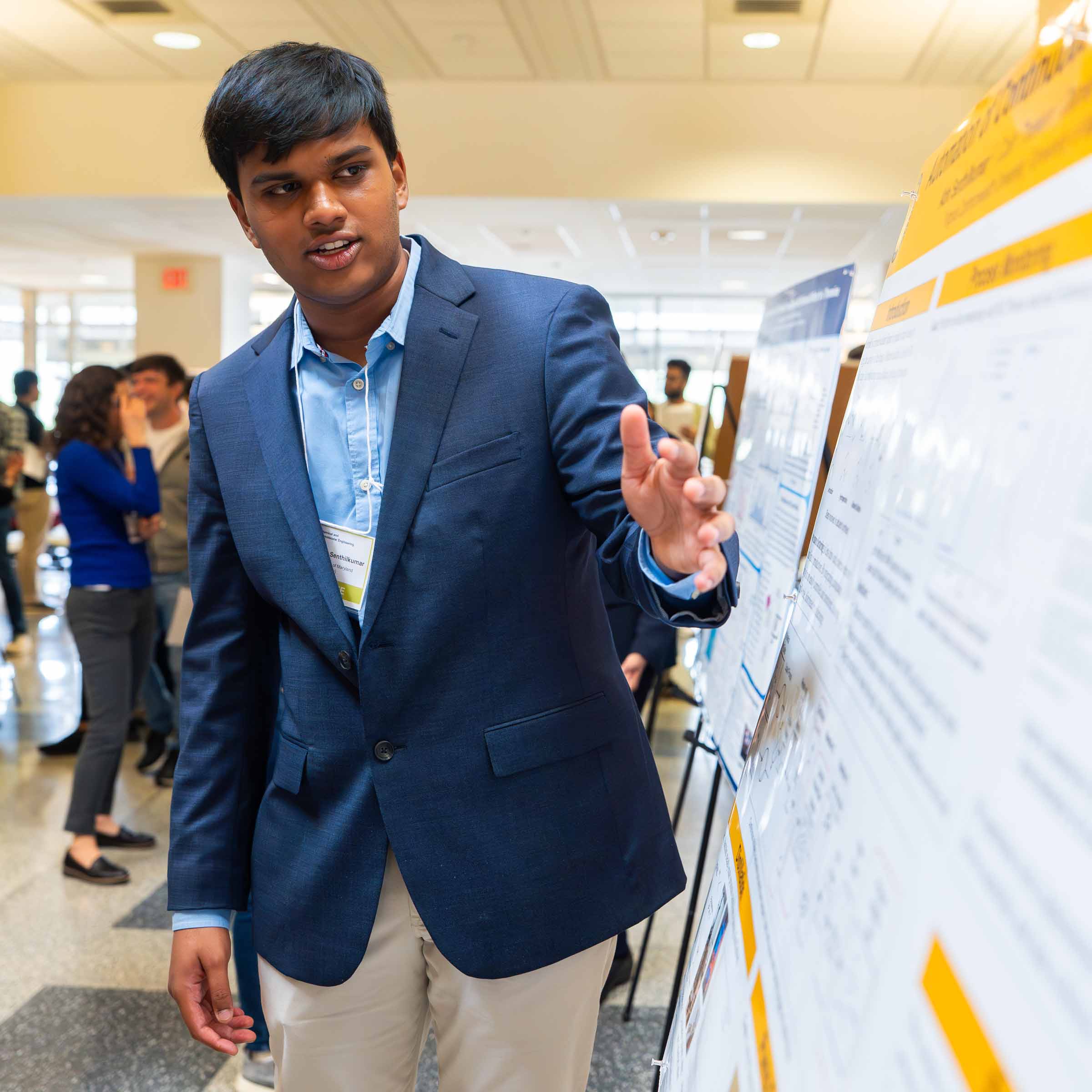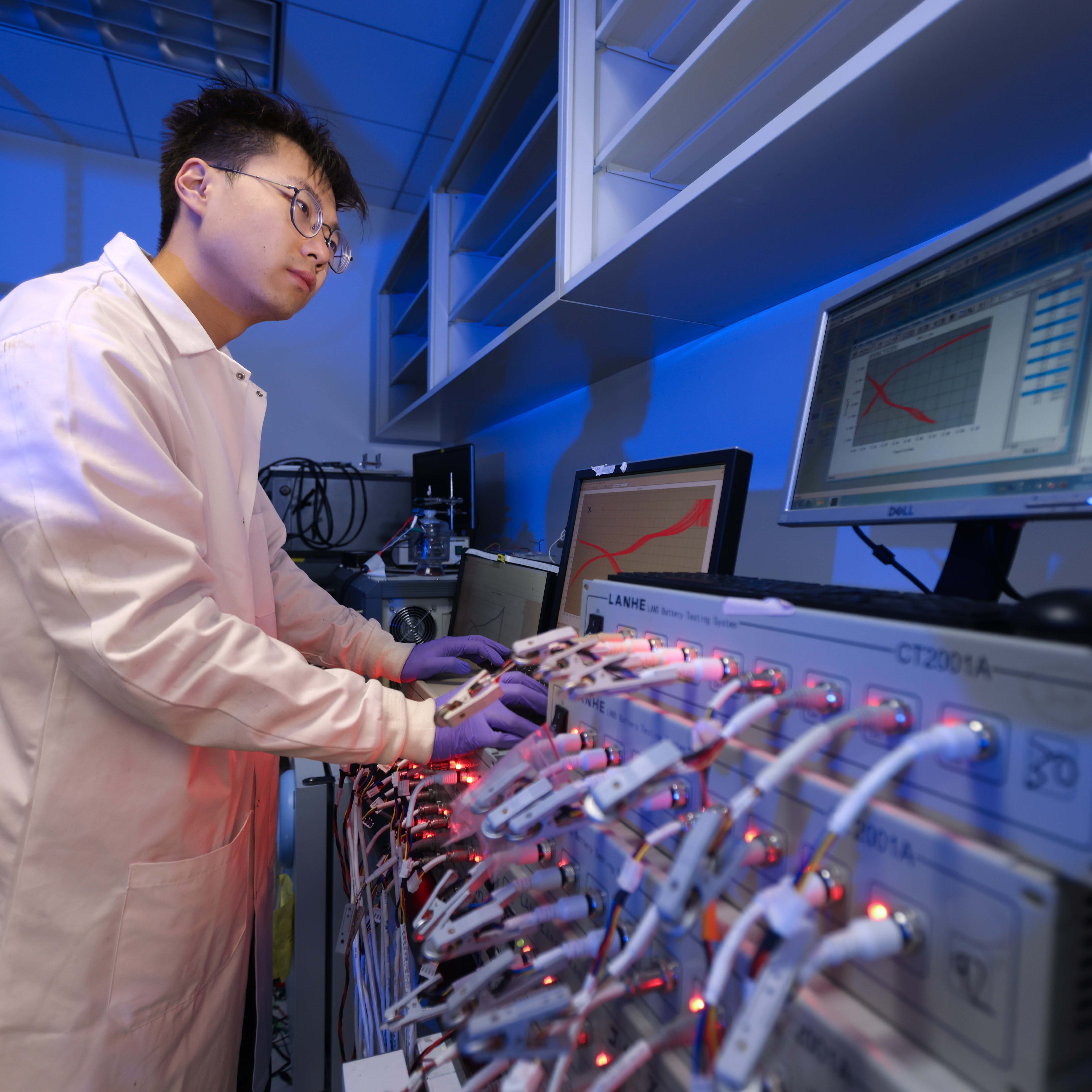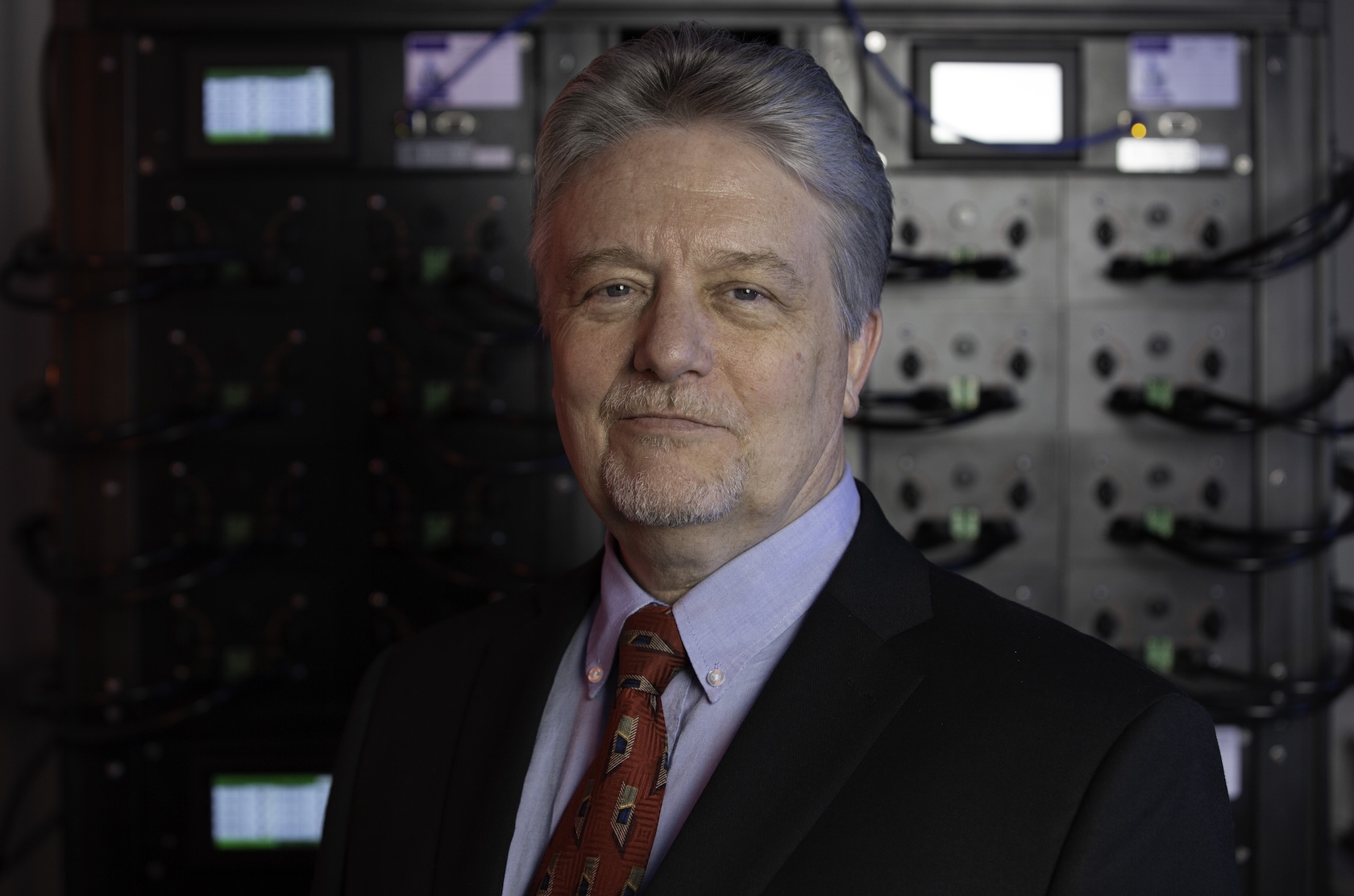News Story
Fawole Arrives as New Lecturer, Bringing An Unconventional Approach to Chemical Engineering
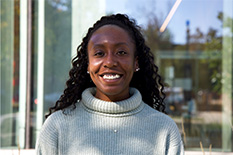
Esohe Fawole is a Lecturer at the Department of Chemical and Biomolecular Engineering.
Esohe Fawole joins the Department of Chemical and Biomolecular Engineering as a lecturer, leading the way for an unconventional approach to teaching the field.
After completing their doctoral studies at the University of California, Davis, Fawole returned to Maryland this Fall with a new purpose: to pass on their love for coffee through a new course that would explore the chemical processes behind brewing and roasting coffee.
The story dates back to Fawole’s time as a teaching assistant at UC Davis, where they worked on a “Design of Coffee” course that would spark their passion for teaching. It was then that they became interested in developing non-traditional ways to attract students to the chemical engineering undergraduate program.
As a new lecturer, Fawole has plans to pave the way for a multidisciplinary effort that would join department researchers with university scholars in the food science and nutrition disciplines to explore the impact of coffee processing on human health.
A native of Columbia, Fawole moved to the West Coast after graduating with a bachelor’s degree in chemical engineering from Cornell University. At UC Davis, Fawole conducted research that focused on the intersection of physics, chemistry, electrical and chemical engineering.
But beyond their goals to advance the undergraduate program offerings, Fawole wants to offer more than non-traditional chemical engineering courses. Reminiscing on their time as a student, Fawole says that their family’s support was central to their professional success.
“Having that system of support while undergoing difficult academic challenges was what led me to this position. If I can give my students that same type of support, then I would be a better person for this job,” said Fawole.
The lecturer will also focus their educational research on ways to attract students from underrepresented communities to ultimately increase the overall undergraduate enrollment.
Published November 14, 2023



